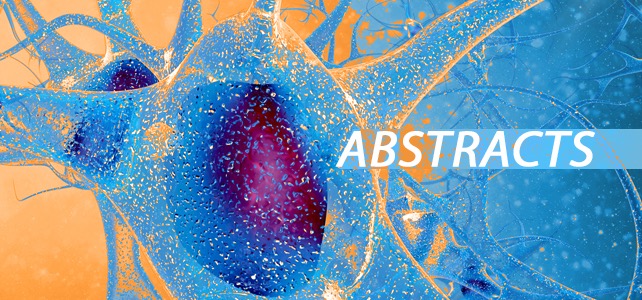Understanding the nature of psychiatric comorbidity in migraine: a systematic review focused on interactions and treatment implications
- Thomas Dresler†,
- Salvatore Caratozzolo†,
- Kaat Guldolf,
- Jana-Isabel Huhn,
- Carmela Loiacono,
- Triinu Niiberg-Pikksööt,
- Marta Puma,
- Giorgia Sforza,
- Anna Tobia,
- Raffaele Ornello†,
- Gianluca Serafini†Email authorView ORCID ID profile and
- on behalf of the European Headache Federation School of Advanced Studies (EHF-SAS)
Background
Migraine is a highly prevalent and disabling neurological disorder which is commonly linked with a broad range of psychiatric comorbidities, especially among subjects with migraine with aura or chronic migraine. Defining the exact nature of the association between migraine and psychiatric disorders and bringing out the pathophysiological mechanisms underlying the comorbidity with psychiatric conditions are relevant issues in the clinical practice.
Methods
A systematic review of the most relevant studies about migraine and psychiatric comorbidity was performed using “PubMed”, “Scopus”, and “ScienceDirect” electronic databases from 1 January 1998 to 15 July 2018. Overall, 178 studies met our inclusion criteria and were included in the current review.
Results
According to the most relevant findings of our overview, the associations with psychiatric comorbidities are complex, with a bidirectional association of major depression and panic disorder with migraine. Importantly, optimizing the pharmacological and non-pharmacological treatment of either migraine or its psychiatric comorbidities might help clinicians to attenuate the burden of both these conditions.
Conclusions
The available data highlight the need for a comprehensive evaluation of psychiatric disorders in migraine in order to promote an integrated model of care and carefully address the burden and psychosocial impairment related to psychiatric comorbidities in migraine.
https://doi.org/10.1186/s10194-019-0988-x
© The Author(s). 2019
- Received: 21 January 2019
- Accepted: 27 March 2019
- Published: 9 May 2019
Abstract
Background
Migraine is a highly prevalent and disabling neurological disorder which is commonly linked with a broad range of psychiatric comorbidities, especially among subjects with migraine with aura or chronic migraine. Defining the exact nature of the association between migraine and psychiatric disorders and bringing out the pathophysiological mechanisms underlying the comorbidity with psychiatric conditions are relevant issues in the clinical practice.
Methods
A systematic review of the most relevant studies about migraine and psychiatric comorbidity was performed using “PubMed”, “Scopus”, and “ScienceDirect” electronic databases from 1 January 1998 to 15 July 2018. Overall, 178 studies met our inclusion criteria and were included in the current review.
Results
According to the most relevant findings of our overview, the associations with psychiatric comorbidities are complex, with a bidirectional association of major depression and panic disorder with migraine. Importantly, optimizing the pharmacological and non-pharmacological treatment of either migraine or its psychiatric comorbidities might help clinicians to attenuate the burden of both these conditions.
Conclusions
The available data highlight the need for a comprehensive evaluation of psychiatric disorders in migraine in order to promote an integrated model of care and carefully address the burden and psychosocial impairment related to psychiatric comorbidities in migraine.


